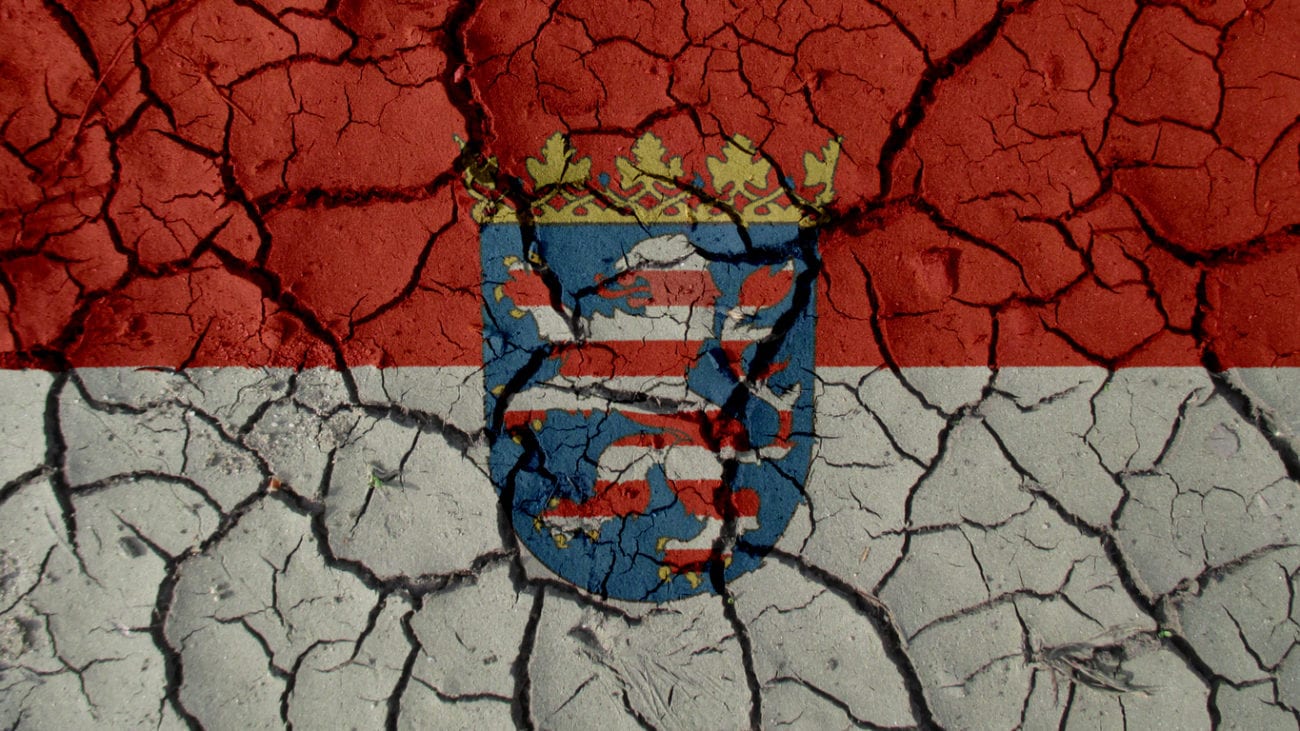Hesse: no sports betting licence applications received
| By iGB Editorial Team
The Minister for the Interior in the German state of Hesse has claimed no operator has filed an application for a federal sports betting licence, warning that companies will face immediate action if they continue to operate without certification.

The Minister for the Interior in the German state of Hesse has claimed no operator has filed an application for a federal sports betting licence, warning that companies will face immediate action if they continue to operate without certification.
Minister Peter Beuth said that operators would be expected to temporarily cease offering sports betting until their licence application has been processed by the Regional Council of Darmstadt, the state body that will oversee the process.
While Beuth pointed out that the Council has been accepting permits “for months”, no operator has filed its application to date. Operators have until the end of the year to file these applications.
“I therefore urgently warn operators that from January 2020, sports betting is subject to authorisation, and there will be no more toleration [of unlicensed offerings],” Beuth said. “We will consistently prohibit illegal offerings. If you do not have permission then you are liable for prosecution, and the state will be forced to act.
“Advertising for sportsbook providers would then no longer be shown, whether on television or in stadia.”
In preparation for the licensing process, which begins from 2 January, the first working day of 2020, the Regional Council of Darmstadt had been expanding its headcount. By the end of the year, it would be the largest gambling regulatory body in the country, Beuth added.
However, the Minister went on to warn that the implementation of the third amended State Treaty on Gambling was seen by the state as a stop-gap measure. The legislation is only due to remain in force until 30 June, 2021, after which it is to be replaced by a new, long-term regulatory framework.
A diverse range of bodies have called for new model to include online casino legislation, such as operator association the German Sports Betting Association (DSWV) and gaming hall body Deutsche Automatenwirtschaft (DAW).
The Gambling Research Centre (Forschungsstelle Glücksspiel) at the University of Hohenheim in Stuttgart has even put forward a proposal that would limit igaming to online casino, and enforce a complete ban of advertising.
However, the state Minister-Presidents have not tackled the issue of gambling since ratifying the State Treaty in March this year at any of their regular conferences.
This appears to have prompted Beuth to reiterate Hesse’s threat of breaking away from the State Treaty to devise its own framework, warning that further work was vital. Beuth has previously called for online casino to be regulated, and the prohibition on in-play wagering to be lifted.
“The fact that sports betting in Germany is still possible without the safeguards to combat gambling addiction and ensure consumer and youth protection is intolerable,” he said. “These are, after all, the most important goals of the existing State Treaty on Gambling.
“The states must finally unify to ensure that sports betting operators adhere to regulations and players are protected against manipulation and addiction.
“If our additional [proposed] amendments go unheeded, Hesse will have to introduce its own gambling laws,” Beuth continued. “Hesse will not continue on the same path from 2021. If necessary, we will create our own state legislation.”
The state has already diverged from the State Treaty to some extent, by prohibiting sports betting from taking places in restaurants that also host gaming machines. This would ensure players are less likely to gamble excessively, though it is not set out in the Treaty nor in the Hessian Gambling Act.
In addition, tax revenue raised from legal sports betting will be shared with recipients of good causes funding from the state lottery, who will see these contributions increase by 10%.
“We want more money to be made available for volunteer work in Hesse,” Beuth explained. “The recipients of state revenue from gambling will receive a bigger share from [2020].
“They will receive a grant increase of around ten percent, with which the state government strengthens [funding for] voluntary work in fields such as sports, education, social work and youth work.”
He pointed out that for the Hessian Landesportbund, the umbrella association for the state’s sports clubs and governing bodies, would see its funding increase by €2m as a result of the 10% increase in funding.
